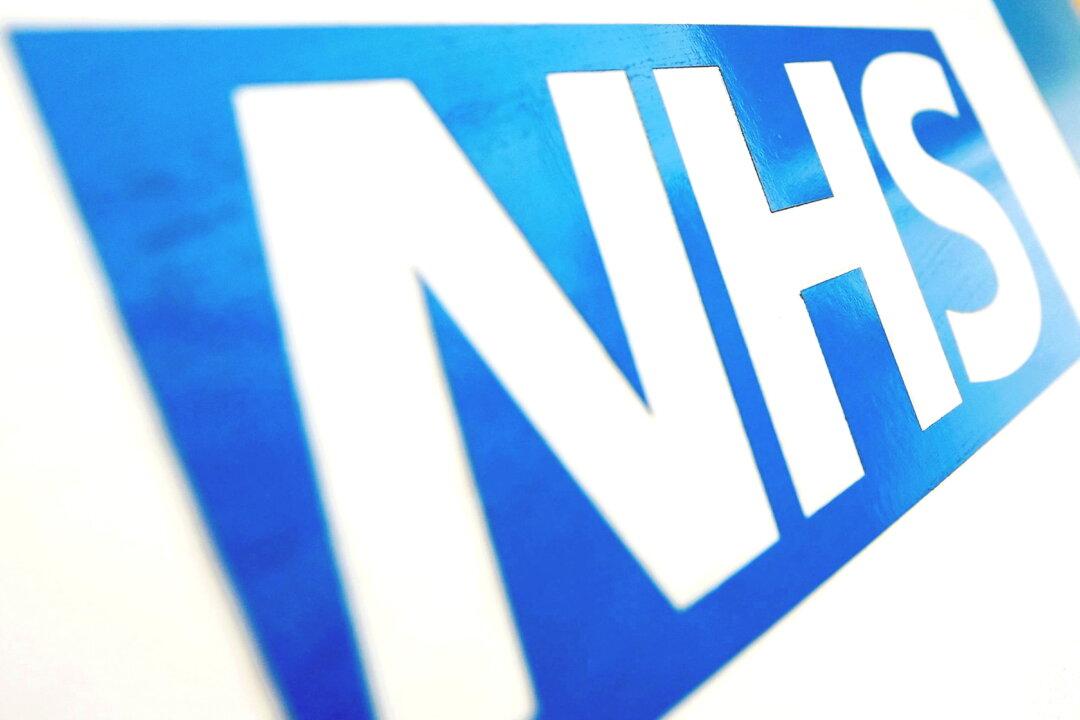A group of clinicians has warned NHS bosses that they must remove “dehumanising” language such as “people with a vagina” and reinstate sex-based language in its cancer and pregnancy web pages.
In an open letter, the Clinical Advisory Network on Sex and Gender (CAN-SG) called on NHS bosses to put back the word “woman” in communications about women’s health.





